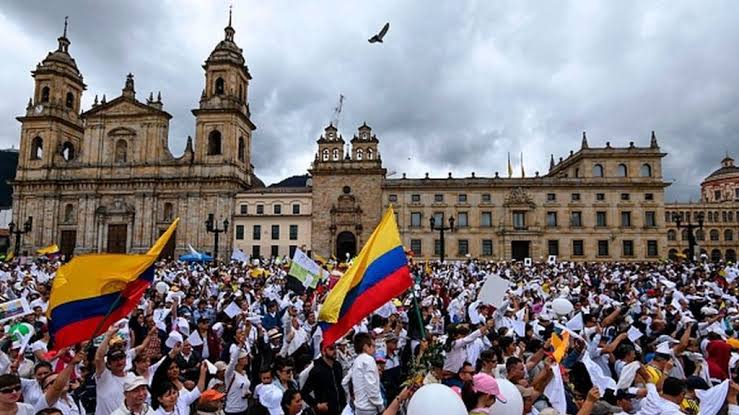The Colombian government and payments provider Ripple have signed a new agreement to integrate the XRP Ledger (XRPL) into the country’s land register system.

The first National Land Registry on the XRP Ledger (XRPL) for more than 50 million Colombians has been created, according to Peersyst, a Ripple partner and software and blockchain development company.
The Barcelona-based company noted that it had been working on the project with the Colombian “Digital Government” initiative and the nation’s Ministry of Information Technology and Communication for over a year when it announced the launch of the first-ever government land registry on top of XRPL.
The project will make use of XRP Stamp, a blockchain-based initiative that enables digital documents and data to be validated and certified on XRP Ledger, which will be used by the nation’s National Land Agency (XRPL). Afterwards, the data is added to a blockchain and its authenticity is verified using QR codes.
“The solution has been implemented for AgenciaTierras is based on xrpstam.com which allows to register digital assets on XRPL and verify their authenticity with QR code. The solution will register +100,000 adjudications in a short term to guarantee confidence for Colombia,” the firm noted.

David Schwartz, the chief technical officer at Ripple, informs his 371,000 Twitter followers that a recent update from the development team has improved the scalability of access to XRPL data.
“Excited to announce the release of Clio 1.0 which significantly improves the scalability of access to XRPL data. It doesn’t matter how quickly and cheaply the ledger can reach finality if you can’t support massive numbers of queries from wallets, exchanges, and explorers.”
The majority of the blockchain-based solutions developed by Peersyst are built on the XRP blockchain thanks to the company’s long-standing cooperation with Ripple. Both companies seem to be twin businesses that cooperate to accomplish shared objectives in the blockchain industry.
 Thrilled to announce that after a year of development with
Thrilled to announce that after a year of development with 
